
Alison Pearce Stevens is a former duck wrangler, beekeeper and forever science geek who specializes in writing about science and nature for kids. She lives in the Midwest with her husband, their two kids and a small menagerie of cuddly (and not-so cuddly) critters. She writes for Science News Explores, Highlights, ASK (Arts and Sciences for Kids) magazine and National Geographic Kids' Books. Her next book, Rhinos in Nebraska, comes out in 2021. She is also an avid gardener who can often be found in her yard, checking out the critters that call it home.

All Stories by Alison Pearce Stevens
-
 Health & Medicine
Health & MedicineTeachers make time for Ebola and other current events
Science teachers want to cover current science and health topics, but struggle to find good resources for their students.
-
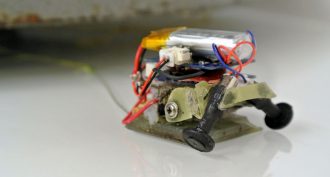 Tech
TechTiny microrobots team up and move full-size car
Researchers have just created robots that mimic the ability of ants to move super-large objects.
-
 Brain
Brain‘Mindfulness’ defuses stress in classrooms and teaching
The science behind mindfulness shows that both teachers and students can benefit from a bit of focused attention.
-
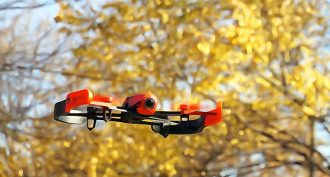 Tech
TechLost in the woods? A drone may find you
Scientists developed a new method to give drones the skills to follow hiking trails in search of lost hikers.
-
 Health & Medicine
Health & MedicineBlood pressure rises as kids become overweight
Researchers find that children and teens who gain too much weight see a near-simultaneous increase in blood pressure.
-
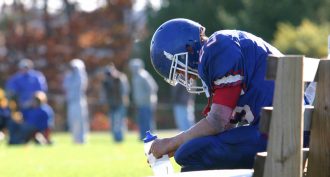 Health & Medicine
Health & MedicineConcussed brains need time to heal
Researchers working with mice found that allowing the body to rest after a concussion gave brain cells time to heal and reconnect with each other.
-
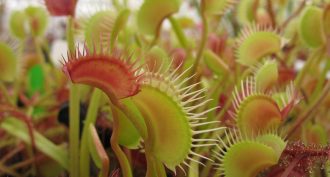 Plants
PlantsBefore eating, Venus flytraps must ‘count’
Researchers find that Venus flytraps respond to the number of times insects touch their sensory hairs. This tells them when it’s time to turn on digestion.
-
 Microbes
MicrobesPowered by poop and pee?
Scientists are developing methods to not only remove human waste from wastewater, but also to harness the energy hidden within it.
-
 Health & Medicine
Health & MedicineToo many football hits can change the brain
A former football player who died in his mid-20s had serious Alzheimer's-like damage that doctors are now linking to repeated concussions.
-
 Brain
BrainMeditation may boost teen memory
Teens who trained in a practice called mindfulness meditation saw improvements in their ability to remember things.
-
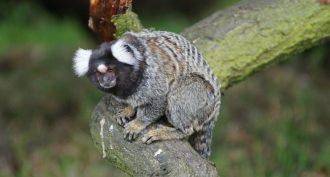 Brain
BrainCool Jobs: Getting in your head
Experimental psychologists study animals and people to understand the roots of behavior.
-
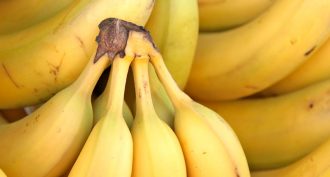 Plants
PlantsBanana threat: Attack of the clones
Researchers find that disease-causing fungi — all clones of one another — will continue to infect banana plants unless new steps are taken to stop their spread.